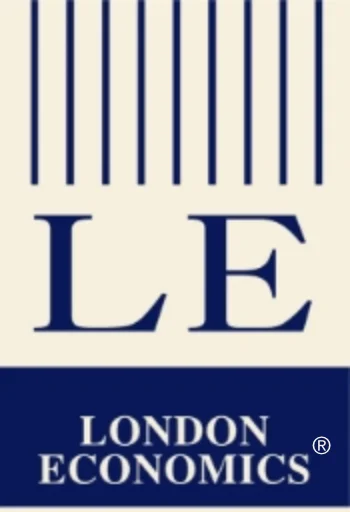BOSTON, March 23, 2022 – As part of the Indiana Chamber of Commerce’s economic development plan Indiana Vision 2025, AJ Goulding, President of London Economics International LLC (“LEI”), presented to the Vision Task Force on changes and trends in the energy industry since the Energy Policy Study he led an LEI team in authoring in 2020.
Mr. Goulding addressed how the world has changed since 2020 (including the ongoing impacts of COVID-19 and the war in Ukraine), discussed current trends and fads, assessed how these influence the recommendations from the 2020 LEI study, and provided observations with regards to policy evolution for Indiana. Noting that the annual inflation for February 2022 was 7.9%, a significant increase over November 2020’s reported annual inflation rate of 1.2%, Mr. Goulding advised that this steep increase was in fact tempered by an extended and unprecedented period of price declines and low interest rates. Although predictions may seem unstable, Mr. Goulding stated that “while we appear to be moving away from a ‘lower for longer’ world, that does not necessarily indicate that we are moving into a ‘higher forever’ paradigm. In fact, we may be seeing a reversion to long run mean. This suggests that a degree of caution is warranted with regards to near term capital commitments; kinks in the supply chain will work themselves out, wars will end, stimulus money will be absorbed, and technological improvement will continue – though solar installations may be facing a flattening of the cost decline curve.”
The increasing customer interest in decarbonization was also addressed, though Mr. Goulding cautioned that “there is a risk that policies that target decarbonization are not subjected to scrutiny to assess whether they are maximizing carbon reduction at least cost.” He emphasized that promoting electrification without understanding its long-term cost impact may result in suboptimal outcomes. It was noted that principles of cost causation ultimately suggest that while states should create mechanisms for customers to achieve decarbonization faster than state policies might otherwise achieve, “customers with more aggressive green targets should pay the incremental cost of more rapid achievement.”
The presentation concluded by summarizing the key issues of input price volatility, load growth uncertainty, a customer-driven interest in decarbonization, and a need to focus on affordability. Mr. Goulding emphasized that the original recommendations from the 2020 report ultimately remain unchanged, namely: remain technology-neutral and keep the focus on desired outcomes; maintain optionality; review rate design; and learn from other jurisdictions. LEI’s 2020 Indiana Energy Policy Study is available online at: https://www.indianachamber.com/wp-content/uploads/2020/11/2020EnergyStudy_ExecSummary.pdf
